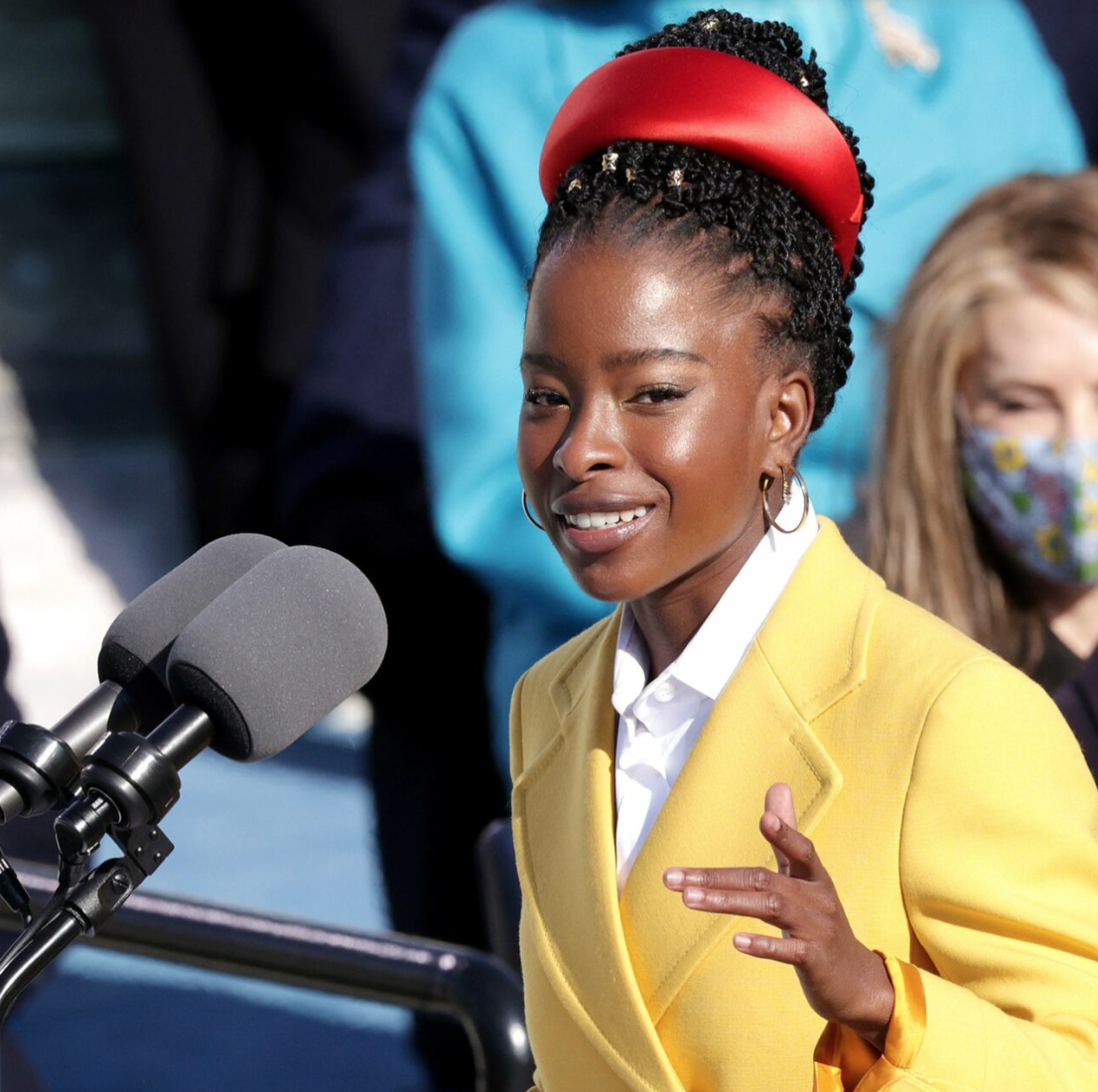Where “The Hill We Climb” Can Take Us
How poet laureate, Amanda Gorman, lifted America

The inaugural poem of Amanda Gorman – at 22, the youngest inaugural poet laureate in U.S. history – lifted our spirits as it dazzled our imagination. Indeed, as her lofty words filled the air at our nation’s capitol, hope was given a new face. With the violent insurrection of January 6th still striking horror in our memory, the January 20th Inauguration was a wonderful, reassuring celebration.
The context for the poem is a nation more divided and torn than at any time since the Civil War. Much of the division is centered on race. However, it is exacerbated by a proliferation of lies and misinformation that are everywhere. And hovering over this are the endless crazy (wacko, really) conspiracy theories put forth by right wing cult-like voices like QAnon and others. We live in times where, for millions of Americans, facts and truth do not matter. If they don’t like the truth of science or mainstream media, they create their own facts, which are often supported by the news outlets they listen to. And, through it all, the conspiracy theories live on.
Into this context comes a young, Harvard graduate, confident and poised in her excellent delivery, as she challenges us to look up and outward as we embrace the future. In her “The Hill We Climb,” there’s a ”doing” together and the trajectory, unmistakably, is upward. In this upward journey, the poet prompts us: “where can we find light in this never ending shade?”
In recent times, the shade has been everywhere. It’s been in the denial of science with climate change. It’s been in the cruel, immoral separation of children from their parents at our southern border. It’s been in the degradation of international alliances. It’s been in the toxic racism and white supremacism that has been given license, in the shade, to raise its ugly head.
Wanting to reassure us, the poet talks about how “we’ve weathered and witnessed a nation that isn’t broken, but simply unfinished.” While these times remind us how we’ve fallen drastically short of “a more perfect union,” we’re urged to strive “to forge a union with purpose. To compose a country committed to all cultures, colors, characters, and conditions of humankind.”
With words overflowing with hope, the poet exhorts us to “lift our gazes not to what stands between us, but what stands before us.” For a new day to be born – indeed, “to put our future first – we must first put our differences aside.”
She spoke – head on – of the insurrection force threatening to upend our democracy:
“But while democracy can be periodically delayed,
it can never be permanently defeated.”
And later:… “while we have our eyes on the future, history has its eyes on us.
This is the era of redemption.
We feared it at its inception.”
And so, a fire of hope burns on… in “a country that is bruised but whole, benevolent but bold, fierce and free.” We will not be despaired “because we know our inaction and inertia will be the inheritance of the next generation. Our blunders become their burdens.”
But, again, we will not demur. For we know from on high that if we “merge mercy with might, and might with right, then love becomes our legacy and change, our children’s birthright.”
It must be for us to “leave behind a country better than the one we were left.” With every breath of life in us, let us resolve to rise from across the wind-swept lands of America, from every hamlet and village to every town and city. “Diverse and beautiful,” let us emerge; “battered and beautiful,“ let us stand tall.
So, “where can we find light in this never ending shade?” We can find it in “The Hill We Climb,” in our rising from our past to embrace the light. And where can this take us? In these times, the light we seek comes with a reckoning, a reckoning where truth and accountability have their day.
The dawn comes with the morning sun, but it does not delay the truth that must be told and the accountability that must be rendered. And where can we find the light? We find it is our collective selves… and that’s where “The Hill We Climb” can take us.
“if only we’re brave enough to see it.
If only we’re brave enough to be it.”

